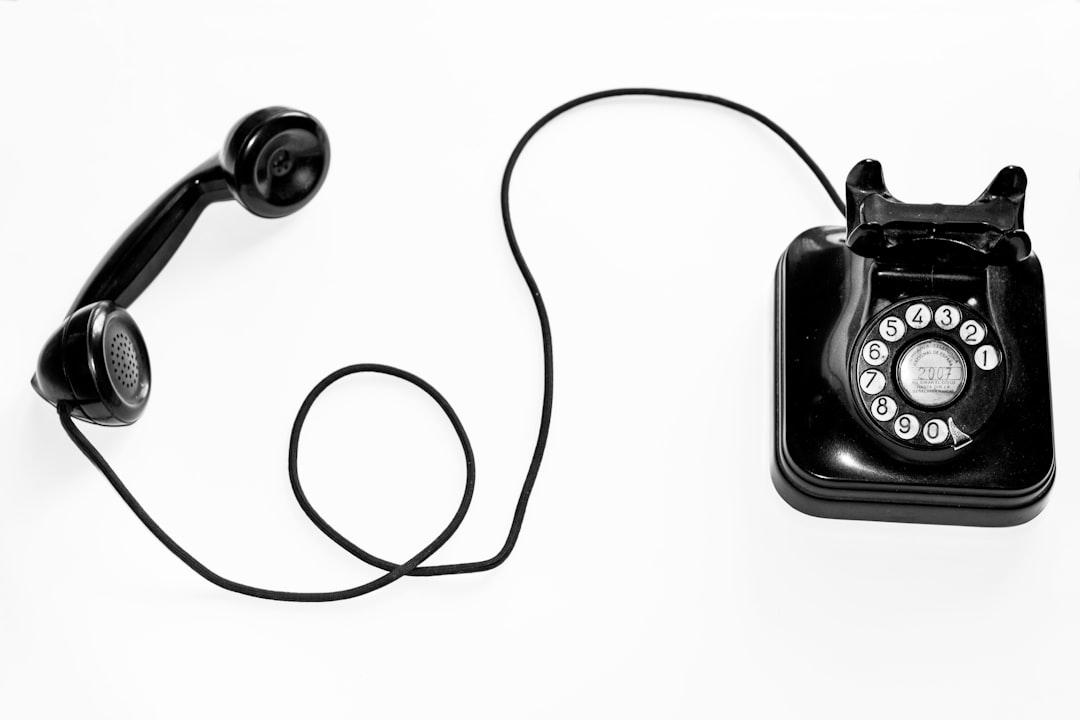In the fast-paced veterinary care sector of Massachusetts, effective client communication through automated outbound calls using autodialers is a game-changer for practice management. However, local regulations require partnerships with specialized autodialer lawyers or attorneys to ensure compliance and protect patient data under laws like the Telemarketing Act and HIPAA. By following best practices, including robust consent management and staff training, veterinary clinics can leverage autodialers responsibly while maintaining client trust and satisfaction.
“In today’s digital age, veterinary practices are exploring innovative solutions to enhance patient care and streamline operations. One such technology gaining traction is the autodialer system, which promises efficient appointment scheduling and improved client communication. However, with its increasing adoption in Massachusetts, understanding the legal considerations surrounding autodialer use becomes crucial for veterinarians. This article delves into the technological insights, legal framework, and best practices to guide veterinary clinics through the regulatory challenges of implementing autodialers, ensuring compliance with Massachusetts laws.”
Understanding Autodialer Technology and Its Role in Veterinary Practices

In the fast-paced world of veterinary care, staying connected with clients is essential for effective practice management. This is where Autodialer technology steps in as a game-changer. An autodialer is a system designed to automatically make outbound phone calls, enabling veterinary clinics to reach a large number of clients efficiently. It allows practices to deliver important updates, appointment reminders, and marketing messages on a massive scale, enhancing client communication without manual intervention.
For Massachusetts-based veterinary clinics, partnering with an autodialer lawyer or an attorney specializing in autodialer law firms can be pivotal. These legal experts ensure that the implementation of such technology adheres to local regulations, protecting both the practice and its clients from potential legal pitfalls. With the right guidance from autodialer attorneys in Massachusetts, veterinary practices can leverage this innovative tool while staying compliant, ultimately improving client satisfaction and operational efficiency.
Legal Framework Governing Autodialer Use in Massachusetts

In Massachusetts, the legal framework governing the use of autodialers is primarily guided by the state’s telecommunications and consumer protection laws. The Massachusetts Telemarketing Act and the Telemarketing Laws provide a comprehensive regulatory environment for automated dialing systems. These laws are designed to protect consumers from unsolicited telephone marketing practices while also ensuring fair business operations for legitimate companies.
Veterinary clinics utilizing autodialers for patient appointments or reminders must adhere to these regulations, particularly regarding consent and privacy. An autodialer lawyer Massachusetts or a specialized autodialer attorney Massachusetts can offer guidance on obtaining proper authorization from patients before making automated calls, ensuring compliance with the Telemarketing Laws, and safeguarding sensitive patient information as per the Health Insurance Portability and Accountability Act (HIPAA).
Navigating Regulatory Challenges: Best Practices for Veterinary Clinics

Navigating Regulatory Challenges: Best Practices for Veterinary Clinics
In Massachusetts, the use of autodialers in veterinary practices comes with specific legal considerations that clinics must address to comply with state regulations and avoid potential penalties. As an autodialer lawyer Massachusetts-based practices should know, unsolicited automated calls—including those used for appointment reminders or marketing purposes—are subject to strict rules set forth by the Telephone Consumer Protection Act (TCPA) and state laws like the Massachusetts Telemarketing Act. Engaging the services of a qualified autodialer attorney Massachusetts clinics can help ensure adherence to these regulations, which involve obtaining proper consent from patients, providing opt-out mechanisms, and maintaining detailed records of calls made.
Best practices for veterinary clinics include implementing robust systems for patient consent management, training staff on TCPA compliance, and regularly reviewing call logs to identify and rectify any violations. Working with an autodialer law firm Massachusetts offers tailored guidance and support, allowing clinics to leverage technology while respecting patient privacy and rights. By prioritizing these steps, veterinary practices can protect themselves from legal issues and maintain the trust of their clientele.




